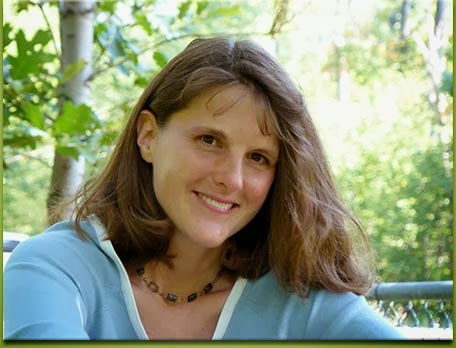Elissa Cruz is the ARA for our local SCBWI chapter. Please don’t ask what an ARA is. Basically it means she’s the head honcho for Utah. Neysa Jensen is in charge of the Utah/Southern Idaho SCBWI and Elissa helps her with the Utah end of things.
Elissa is wonderful. She has tried scheduling monthly writing events, last year rotating the locations between Weber, Salt Lake, and Utah counties. This year she is pulling in the southern Utah writers. A while ago she asked for volunteers to head informal critique sessions. Silly me, I volunteered to do the Salt Lake one. My critique partner, Travis, conducts the Utah County session. We run them the fourth Wednesday and Thursday of the month. I must say it has been educational.
These informal critique sessions are unique. A normal writer’s group has regular writers with a set format and established procedures and expectations. Anyone can show at these SCBWI ones.
Since we started in January, the Salt Lake people have included PB and short story writers, illustrators, and a poet. I’m an MG guy, now dabbling in YA, so I have critiqued PB before. I had never critiqued a poem until this year. Story telling from the illustrator’s perspective in a unique was to think about a tale. The commonality is precision of language. This is a must for the poet and the PB writer. Succinct language is a must for other genres as well.
At each session, there have been people new to writing, new to the writing community. They’ve come out of curiosity, perhaps with a piece to share. It has been a pleasure to watch them observe what I’ve experienced since I became a writer. There is a genuine concern for the effort of other writers in a critique session. Like-minded people gather for the sole purpose of helping each other become better writers.
Critique is the way our writing blossoms and grows.
This and That:
With April just around the corner, look forward to something different from this blog. The annual 30 Day, 30 Stories will feature a different story every day from a host of writers. There may be days still available. If you have an interest in contributing, leave a comment.
I’ve been made aware of two other writing events since I posted last week. Follow this link for a full list of events, minus these two:
SCBWI Northern Utah Monthly Event Series: Sara Zarr – time and location TBA - https://utahsouthidaho.scbwi.org/events/northern-utah-monthly-event-series-sara-zarr/ - Fri. 4/11
Tell Me A Story: Annual Regional Conference – Boise State University, Boise, ID - https://utahsouthidaho.scbwi.org/events/tell-me-a-story-annual-boise-childrens-literature-conference/ - April 25-26
WIFYR registration is now open. Carol Lynch Williams’ amazing conference is a must. More info can be found here.
(This article also posted at http://writetimeluck.blogspot.com)

 Julie Daines - "First Chapter Perfection: Learn the Elements Necessary to Make your First Chapter Shine"
Julie Daines - "First Chapter Perfection: Learn the Elements Necessary to Make your First Chapter Shine"
